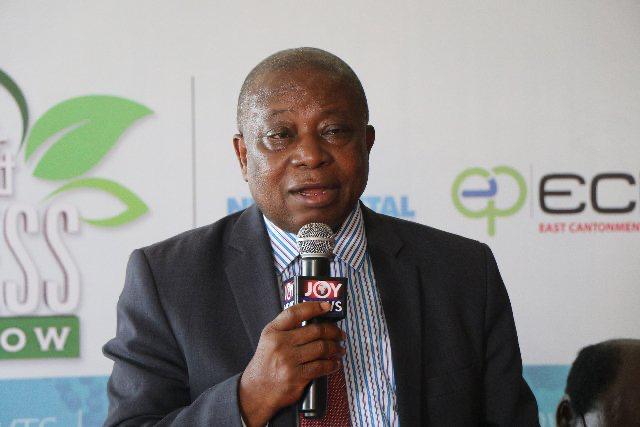The Ministry of Health has justified the collection of a fumigation fee on cement raw materials at the country’s Ports of entry.
The Chamber of Cement Manufacturers (COCMAG) recently reported in the media that an ongoing exercise of a fumigation fee being collected at the Ports is not necessary for cement raw materials and that Government should wave it off since manufacturers cannot be charged for no service done.
They argued that clinker, limestone and other cement raw materials are dry cargos which most often do not exit through the Port gate as such not subjected to any fumigation exercise.
Reacting to the claims by COCMAG in a statement signed by the Minister of Health, Kwaku Agyemang-Manu, it said the implementation of the Disinfection Health Service is based on the International Health Regulations (2005) prepared by the World Health Organization and made into international law at the General Assembly of the United Nations in 2007.
It further indicated that IHR has been incorporated into Public Health Act 851 as the 7th Schedule in its entirety. The Government of Ghana is simply upholding its commitment to International and Local Law to protect Ghanaians.
“Disinfection is defined as the procedure whereby health measures are taken to control or kill infectious agents on the EXTERIOR of the baggage, cargo, containers, conveyances, goods and postal parcels by direct exposure to chemical or physical agents.
“This procedure is implemented in the Biosecurity Zone that has been established around the Points of Entry (Border Crossings). Therefore, any vehicle that comes in or out of the Biosecurity Zone is disinfected without exceptions. If we allow exceptions the projects integrity will be compromised, the statement read.

